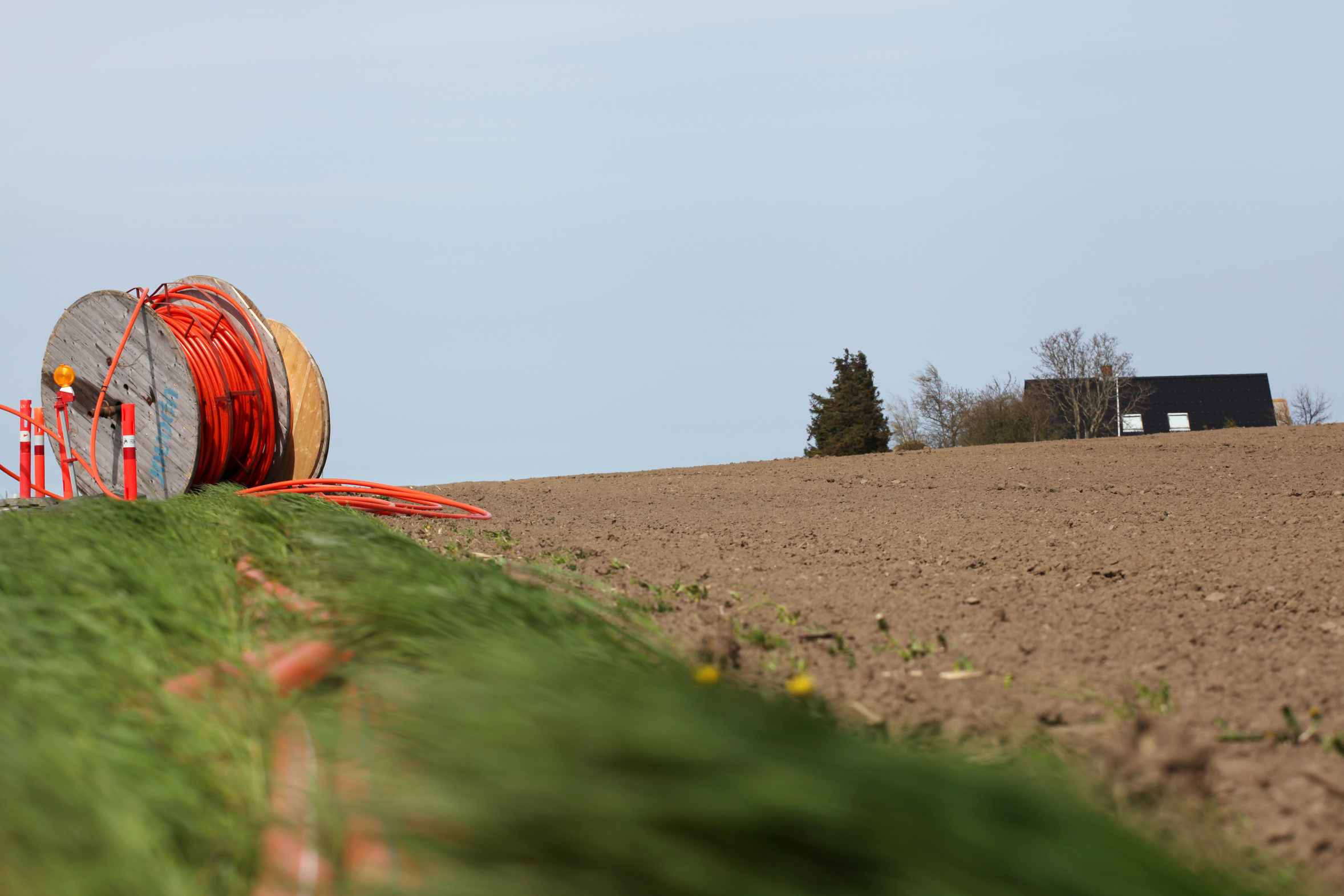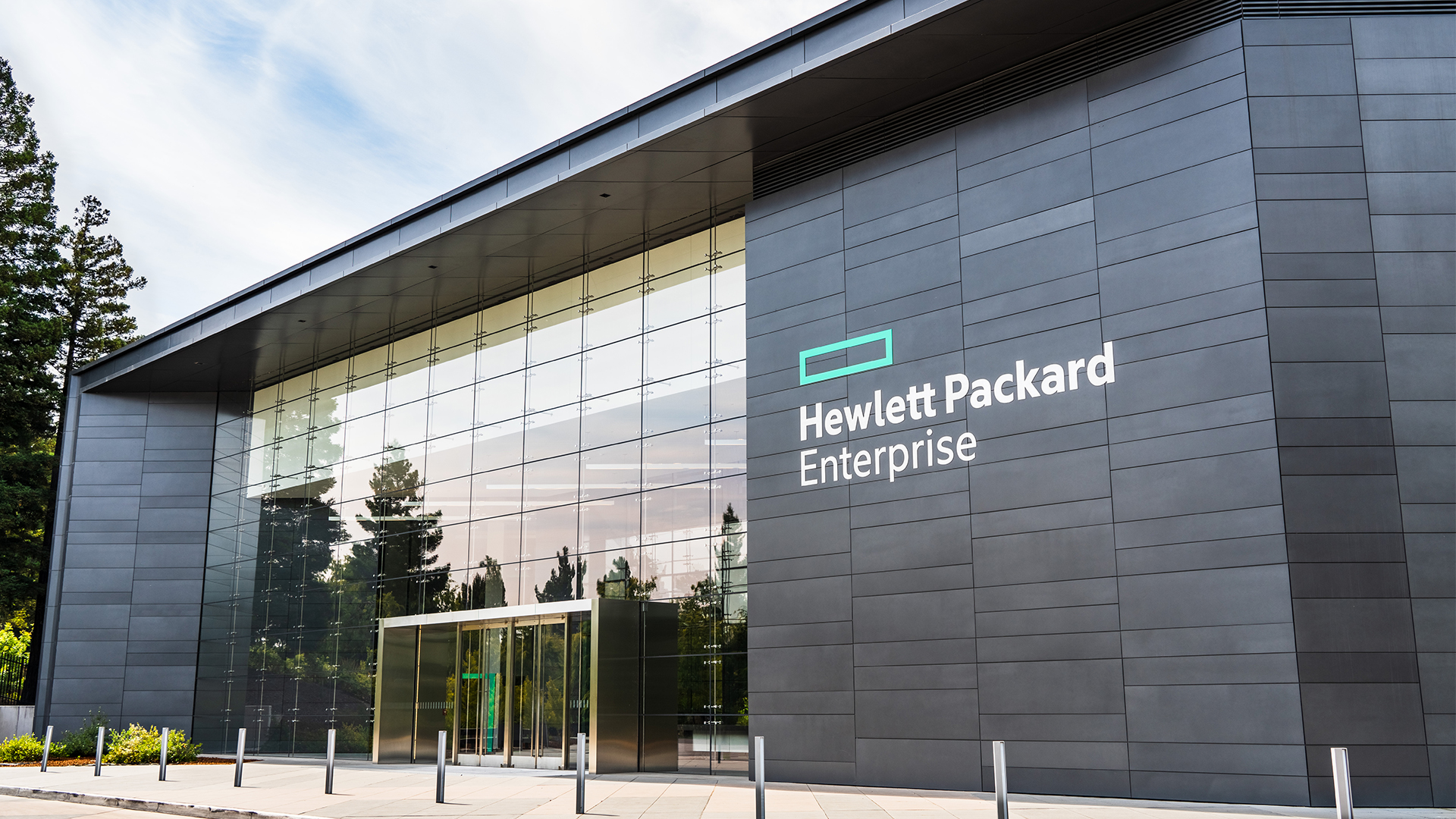Local fibre broadband needs common standards
Lords' committee told local groups may struggle to fund fibre rollouts if they can’t offer users a choice of providers.


Local projects to roll out fibre broadband in mainly rural and remote communities might not be financially viable, unless they can offer a choice of telecoms and internet service providers, a Lords committee was told.
Speaking to the House of Lords Communications Committee, Labour Shadow Business Minister Chi Onwurah and former BT Openreach chief Steve Robertson said that community project to connect faster broadband to remote parts of the UK could become "digital islands", as they would both own the fibre network and be the ISP.
They urged common standards so that local groups could still own the network but would then invite ISPs to compete with each other to offer customers broadband, phone lines or TV.
Robertson said that in the Digital Region project in South Yorkshire, where more than 100 million has been spent, that project was now looking for a commercial owner as it failed to find enough customers to cover costs.
He added that UK ISPs had asked BT Openreach to extend its network into areas where Digital Region operates, as it was too expensive to integrate their own services onto Digital Region's fibre network.
Onwurah said common standards, such as Active Line Access, would make it possible for a community fibre project to connect to national infrastructure such as BT's. She added this common standard would encourage projects here to copy Scandinavian countries, where people dug their own connections.
Ohwurah, former head of telecoms technology at regulator Ofcom said that Fujitsu, which competes with BT for Broadband Delivery UK (BDUK) funds, has agreed to use Active Line Access in any contract it wins, but BT has yet to sign up.
Get the ITPro daily newsletter
Sign up today and you will receive a free copy of our Future Focus 2025 report - the leading guidance on AI, cybersecurity and other IT challenges as per 700+ senior executives
Ohwaruh also warned that BT should not be allowed to monopolise fibre broadband and the UK was "sleepwalking into another monopoly" and said competition by Virgin Media was not enough to halt the possible BT dominance.
"BT must be made to understand that if superfast broadband is a monopoly, they will not be allowed to enjoy it," Onwurah told the Lords' committee. "I think structural separation is something we are going to have to look at," she said. "It's a significant intervention and BT would rightly complain but monopoly provision of superfast broadband just isn't an acceptable option."
She added: "The government is doing so much to get competition into the NHS where nobody really wants it, and doing so little to get competition into telecoms where everybody agrees it is the best way."
She urged Ofcom to encourage more competition. "Ofcom need to make clear that they are committed to competition in superfast broadband."
Rene Millman is a freelance writer and broadcaster who covers cybersecurity, AI, IoT, and the cloud. He also works as a contributing analyst at GigaOm and has previously worked as an analyst for Gartner covering the infrastructure market. He has made numerous television appearances to give his views and expertise on technology trends and companies that affect and shape our lives. You can follow Rene Millman on Twitter.
-
 Should AI PCs be part of your next hardware refresh?
Should AI PCs be part of your next hardware refresh?AI PCs are fast becoming a business staple and a surefire way to future-proof your business
By Bobby Hellard Published
-
 Westcon-Comstor and Vectra AI launch brace of new channel initiatives
Westcon-Comstor and Vectra AI launch brace of new channel initiativesNews Westcon-Comstor and Vectra AI have announced the launch of two new channel growth initiatives focused on the managed security service provider (MSSP) space and AWS Marketplace.
By Daniel Todd Published
-
 HPE eyes enterprise data sovereignty gains with Aruba Networking Central expansion
HPE eyes enterprise data sovereignty gains with Aruba Networking Central expansionNews HPE has announced a sweeping expansion of its Aruba Networking Central platform, offering users a raft of new features focused on driving security and data sovereignty.
By Ross Kelly Published
-
 The role of ISPs in the connected world now and in the future
The role of ISPs in the connected world now and in the futureSupported Content The role of the ISP has grown precipitously as the world becomes increasingly reliant on staying connected, but they must now adapt to changing times…
By Solomon Klappholz Published
-
 Extreme Networks targets simplicity with Platform ONE for MSPs
Extreme Networks targets simplicity with Platform ONE for MSPsNews Extreme Networks has announced a new program for MSPs which includes access to its Extreme Platform ONE to address cost challenges.
By Daniel Todd Published
-
 Zyxel Networks targets cloud networking growth with new partner program
Zyxel Networks targets cloud networking growth with new partner programNews The revamped initiative places an increased focus on the firm’s Nebula cloud platform
By Daniel Todd Published
-
 Closing the connectivity gap
Closing the connectivity gapWhitepaper Five reasons full fibre broadband is a game changer for your business
By ITPro Published
-
 Fortify your future: How HPE ProLiant Servers deliver top-tier cyber security, management, and performance
Fortify your future: How HPE ProLiant Servers deliver top-tier cyber security, management, and performanceWhitepaper Deploy servers with a secure approach
By ITPro Published
-
 Fortify your future with HPE ProLiant Servers powered by Intel
Fortify your future with HPE ProLiant Servers powered by IntelWhitepaper Enhance your security and manage your servers more effectively
By ITPro Published
-
 Architecting enterprise networks for the next decade
Architecting enterprise networks for the next decadeWhitepaper A new paradigm in network architecture
By ITPro Published